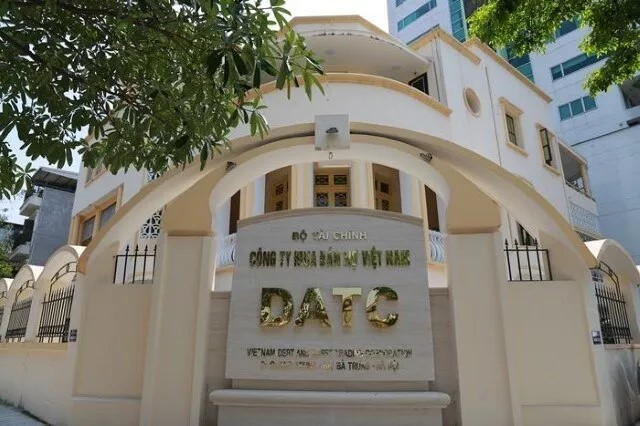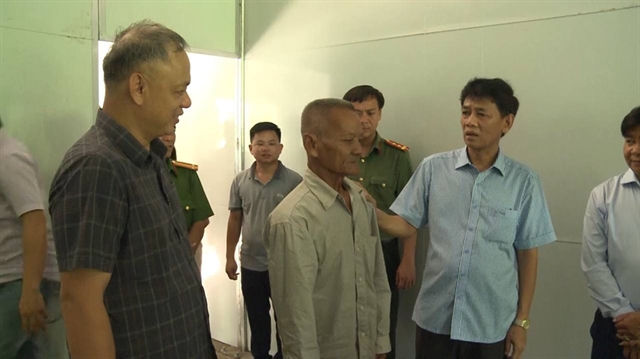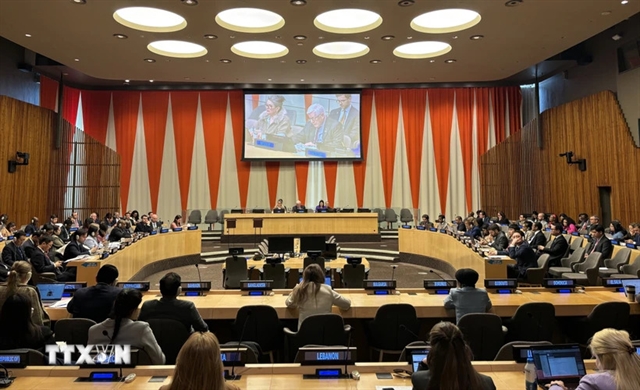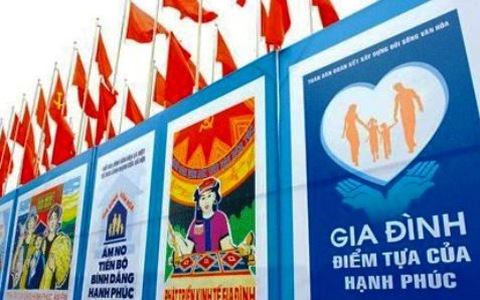 Society
Society
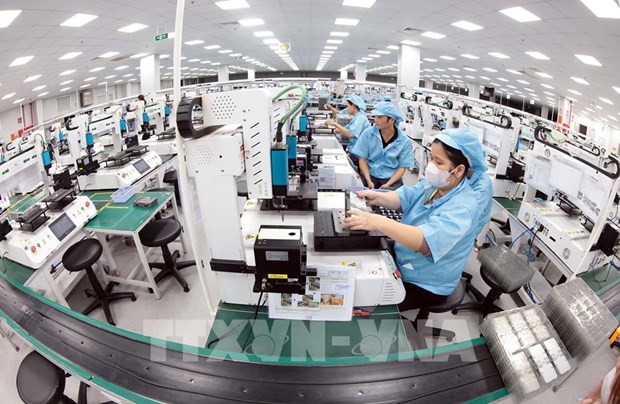
Residents of the Central Highlands province of Kon Tum have to collect water from springs for daily use as the water supply works in the province have degraded.
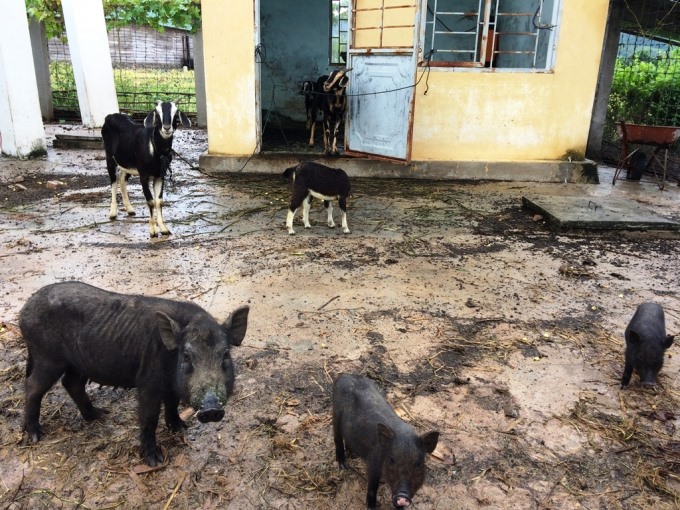 |
| Local residents in Nguôm Hamlet, Krong Pa District raise pigs and goats at the unused water supply work. — Photo tapchigiaothong.vn |
KON TUM — Residents of the Central Highlands province of Kon Tum have to collect water from springs for daily use as the water supply works in the province have degraded.
According to the province’s Agriculture and Rural Department, there are 360 clean water supply works in the province but some 140 are operating ineffectively or are lying unused.
Ksor Phí, a resident in Liêng Hamlet, Chư Drang Commune, Krong Pa District, said that VNĐ1.5 billion (US$66,000) was invested in the water supply for the hamlet and it was operational from 2009 to serve about 200 families.
However, the water supply stopped functioning since 2013, as its facilities degraded, local residents did not have the money to pay electricity bills for pumping stations and the water was contaminated with alum.
“People dug wells or collected water from springs to use instead,” Phí said.
Residents in the Nguôm hamlet of the same commune refused to use the treated water at the local water supply work as the work, with an investment of VNĐ284 million ($12,500), was built near the local cemetery.
In Đắk Ui Commune of Đắk Hà District, the water supply work, expected to provide clean water to 500 families, was unused for years as a result of degraded water pipes.
In Đắk Tờ Re Comune of Kon Rẫy District, some 180 families were using well water or spring water because the water supply work was damaged and had not been maintained for years.
Bùi Văn Nhi, an official of the province’s Centre for Clean Water and Environmental Hygiene, said that modest funding for maintenance and operation resulted in the degradation of the equipment.
Staff who were responsible for operating the work were not trained properly and, in some cases, were not paid regularly. — VNS



